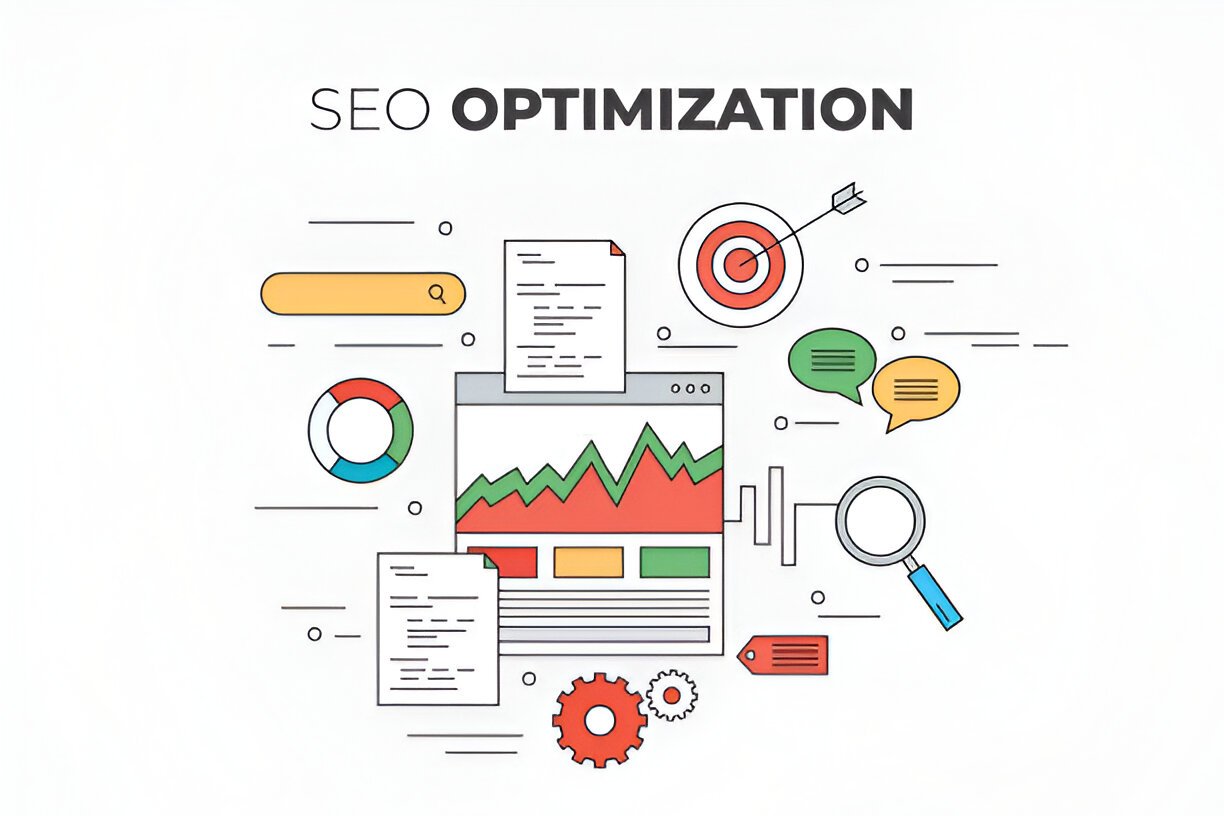In today’s digital age, a business’s reputation is arguably its most valuable asset. With the internet shaping opinions and perceptions faster than ever before, companies are increasingly being defined by how they are perceived online. The importance of managing a strong reputation goes beyond customer satisfaction—it can directly impact your business’s growth, profitability, and long-term success. In fact, studies show that over 90% of consumers read online reviews before engaging with a business, and 84% trust online reviews as much as personal recommendations. This rise in consumer reliance on online feedback, coupled with the speed at which information spreads across the web, means that businesses must be proactive in shaping their public image. Social media, search engine results, and online reviews can make or break a company’s reputation. This is where Reputation Management Services come in. A Reputation Management Company or Reputation Management Expert ensures that your business is not only aware of how it is being perceived but also actively managing its online presence to maintain a positive public image. In this blog post, we’ll explore what reputation management is, why it’s critical for your business, the key components of reputation management services, and how you can select the right service provider to protect and enhance your brand. 1. What Is Reputation Management? Reputation management refers to the practice of monitoring, influencing, and controlling a brand’s or individual’s online and offline reputation. It involves a series of strategies designed to promote positive content, address negative feedback, and maintain a favorable public image across various platforms such as search engines, social media, and review sites. Personal vs. Business Reputation Management Personal reputation management focuses on maintaining or improving the perception of an individual. This is particularly relevant for public figures, executives, and professionals whose personal image is closely tied to their careers. On the other hand, business reputation management is focused on the overall perception of a company or brand. This can involve handling customer reviews, managing press coverage, and ensuring that the company maintains a strong online presence. In business, reputation management has become synonymous with maintaining brand credibility and customer trust. It involves a holistic approach to safeguarding a company’s image from damaging content while promoting positive narratives. Components of Online Reputation Online reputation encompasses several aspects, including: 2. Why Reputation Management Matters In today’s highly competitive marketplace, businesses are continually vying for customer trust. A positive online reputation can serve as a powerful marketing tool, driving customer acquisition, retention, and loyalty. However, the opposite is also true. A single negative review or a PR crisis can cost a business dearly in terms of revenue, brand trust, and customer base. Influence on Customer Trust and Decision-Making Reputation is a cornerstone of consumer trust. Studies show that a staggering 88% of people trust online reviews as much as personal recommendations. Positive reviews, favorable search engine results, and engaging social media content contribute to a perception of reliability and quality. Conversely, negative feedback can deter potential customers and lead to a loss of business. Impact of Positive vs. Negative Reviews According to research, businesses with higher review ratings can generate up to 54% more revenue. Moreover, customers are likely to spend 31% more on companies that have excellent reviews. Positive reviews serve as endorsements of your product or service, encouraging potential clients to choose you over competitors. On the flip side, 22% of consumers will not engage with a business after reading a single negative review, while four or more negative reviews can drive away up to 70% of potential customers. The impact of negative reviews is further compounded if they appear at the top of search results. Long-Term Effects of a Damaged Reputation Once tarnished, a company’s reputation can be challenging to rebuild. The long-term effects of negative publicity can include declining customer trust, reduced sales, and difficulty attracting top talent. This is why reputation management is not just about short-term crisis control—it’s a long-term strategy for maintaining and enhancing your brand’s public image. 3. Key Components of Reputation Management Services A successful reputation management strategy comprises several key components that work together to monitor, manage, and improve your business’s public image. Monitoring Online Mentions The first step in reputation management is to actively monitor what’s being said about your business across the internet. This includes customer reviews, social media posts, and online conversations. Review Management Reviews are a major factor in shaping your online reputation. Managing them effectively is crucial for maintaining a positive public image. Search Engine Optimization (SEO) for Reputation SEO plays a critical role in managing how your business is perceived online. By optimizing positive content to appear higher in search engine results, you can push negative or irrelevant content lower down in the rankings. Social Media Management Social media is a double-edged sword when it comes to reputation management. It offers businesses the chance to engage with their audience in real-time, but it also leaves them vulnerable to negative feedback and public scrutiny. Crisis Management Reputation management services often include crisis management plans to help businesses navigate negative situations effectively. 4. Benefits of Reputation Management Services Investing in reputation management services can yield numerous benefits for your business, ranging from increased customer trust to a competitive edge in the marketplace. Improved Customer Trust Building and maintaining trust is one of the most significant benefits of reputation management. Consistent positive reviews, professional responses to complaints, and a strong online presence foster customer loyalty and trust. Higher Revenue A good reputation translates directly into higher revenue. When customers see that your business has a strong track record of delivering quality products or services, they are more likely to choose you over competitors. Positive reviews and a solid online presence can drive traffic, conversions, and ultimately, sales. Better Talent Acquisition A strong reputation isn’t just important for customers—it also impacts your ability to attract and retain top talent. Potential employees are more likely to apply to companies with positive reviews and a solid industry reputation. Competitive
SEO WebMaestro Offering unique and effective solutions that go beyond conventional methods. Our agency’s innovative strategies go beyond mere concepts, delivering tangible results with lasting impact.
© 2024 Created with SEO WEBMAESTRO
Get In Touch
- SCF 23, Top Floor, Phase 11 Mohali
- contact@seowebmaestro.com
- +91 0172 418 3857







